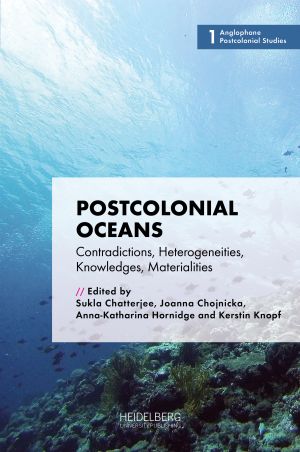Zitationsvorschlag
Ashcroft, Bill: Retracted: Oceans: The Space of Future Thinking , in Chatterjee, Sukla et al. (Hrsg.): Postcolonial Oceans: Contradictions, Heterogeneities, Knowledges, Materialities, Heidelberg: Heidelberg University Publishing, 2023 (Anglophone Postcolonial Studies, Band 1), S. 107–122. https://doi.org/10.17885/heiup.1046.c17304
Lizenz (Kapitel)

Dieses Werk steht unter der Lizenz Creative Commons Namensnennung - Weitergabe unter gleichen Bedingungen 4.0 International.
Identifier (Buch)
ISBN 978-3-96822-158-8 (PDF)
ISBN 978-3-96822-159-5 (Hardcover)
Veröffentlicht
09.11.2023
Retracted: Oceans
The Space of Future Thinking
This contribution has been retracted because the author has taken over text passages from (his own) older publications, in which he has in turn taken over text passages from other authors verbatim or paraphrased, without indicating this. Author, volume and series editors have been informed of the retraction of the contribution and have agreed to it.






